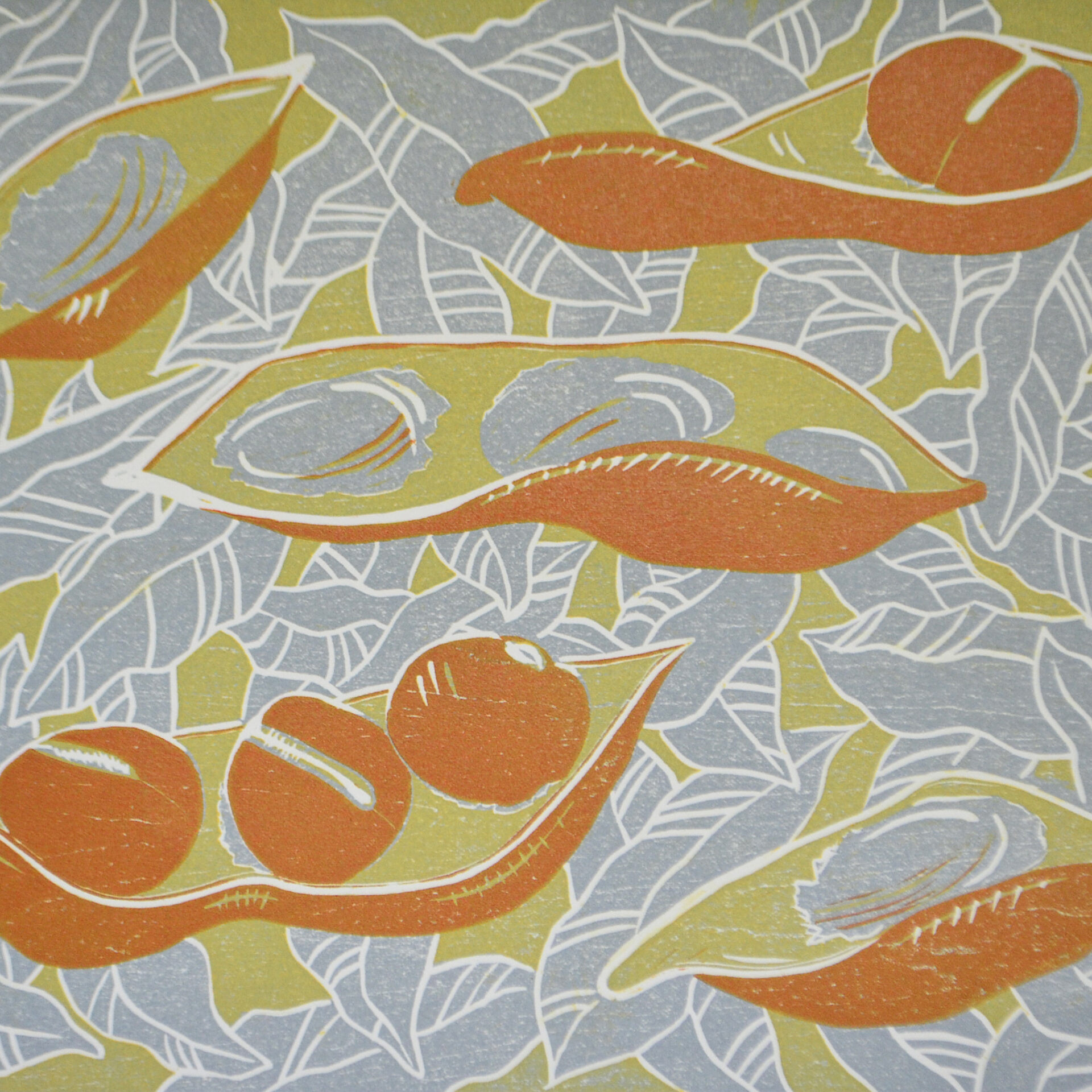
Back in June 1900 Selkirk, in common with all other parts of the country celebrated the news that peace had been arranged in Pretoria. The news was received in Selkirk by Telephone from Edinburgh.
The first intimation that many people had of the event was the setting off of fireworks at the Woodburn. After a meeting of magistrates and other Town officials in the Town Hall, Provost Russell came out and made a short speech declaring peace had been made. The Town Band played a selection of tunes while pipers marched along the streets followed by jubilant children.
On the following Monday Bunting was displayed throughout the town while children were dismissed from the local schools. Even some Mill workers were given a day off.
The Second Boer War started in October 1899 and continued through to May 1902. It was the first major international conflict of the 20th century. A total of 27 soldiers from Selkirk, Members of Selkirk Detachment Border Rifles, took part in the campaign, mainly with the Kings Own Scottish Borderers. The names of the soldiers from Selkirk who served in South Africa are listed on the Pant Well in the Market Place. But the losses in Africa were to be overshadowed some 15 years later during World War One.
In August 2015 the then Community Council chairman Graham Easton, who is a former serviceman, added: “There is a perfectly valid point to move the plaque in the Market Place to the War Memorial at Ettrick Terrace where we would end up with the one memorial where we could remember all of our servicemen.”
The Ex Soldiers’ Association was formed in 1910 in Selkirk to deal with the casualties from the Boer wars. Around 22,000 British soldiers died during the war in South Africa before the Boers surrendered in May 1902.
The Battle of Spion Kop in Natal, South Africa took place from 23–24 January 1900. The battle, collectively with its location at a hill, has gone down in British football folklore as the namesake for single-tier terraces like Anfield at Liverpool. Also a field to the north of Selkirk was named after the hill in dedication to those who left the shores to fight in the battle.



